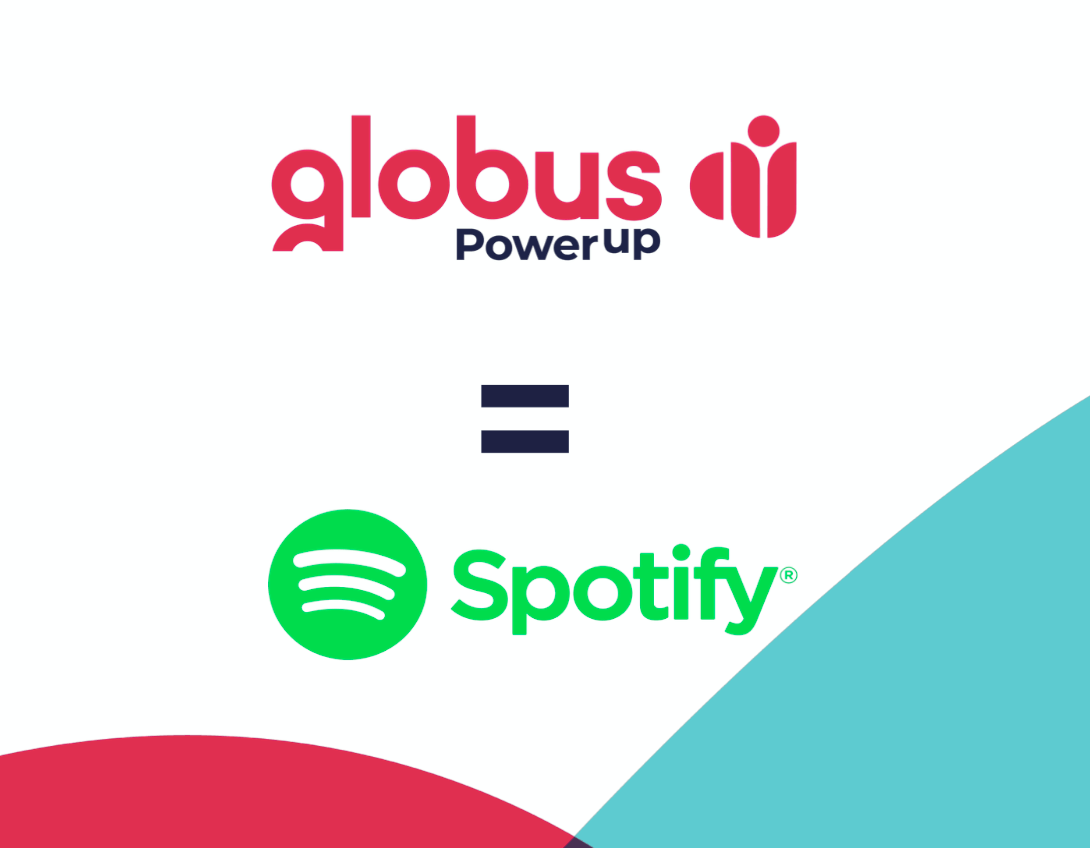
Lessons from Spotify: candidate-driven personalization for recruiters and staffing leaders
Did you know that every time Spotify releases a new personalization campaign, its brand equity skyrockets? People love to have personalized experiences. So why isn’t that happening in recruitment? Candidates want relevant job opportunities. It shows you understand them and stops them wasting time on irrelevant roles.
We’ve all been there, at some point when scrolling through our Release Radars we’ve stumbled upon the perfect song by an artist we didn’t know about. That’s the joy of Spotify’s personalization, discovering music and artists that click so deeply with each one of us. That's power of personalization. It’s time to bring this innovation to the staffing industry.
Spotify calls it “Adding that extra you”. It’s the secret ingredient to engaged candidates, happy customers, and successful placements. For Spotify, this personalization happens from the moment you start using the platform. By choosing your favorite artists, searching for albums, and listening to songs, you’re adding to the data that Spotify’s machine learning algorithms can use to shape the experience to your likes and dislikes. As Spotify’s Vice President of Personalization, Oskar Stål explains, “In fact, there isn’t just one Spotify experience. There’s more like 365 million different experiences—one for each user—that’s deeply personalized to their wants and needs.”
Candidates expect personalization
The same can be done in staffing. Candidates are crying out for it, with 71% of people expecting companies to deliver personalized interactions and 76% getting frustrated when this doesn’t happen. With the wealth of data that many recruitment and staffing firms are sitting on today, there isn’t any excuse not to personalize your candidate communications.
Especially when companies that excel in personalization generate, on average, 40% more revenue than their competitors.
So how can you achieve this?
How to get personal
First, look at your data on candidates and job openings. Resumes, ATS systems, interviewer and hiring manager feedback (from past jobs), skills, and experience data, can all help to build a full picture of someone’s ability to do a job. Likewise, it’s helpful to collect availability and location data, so you’re not sharing jobs that someone physically cannot travel to or isn’t free for.
That data will need to be cleaned and consolidated in a single platform if you’re collecting it from multiple, disparate sources.
AI brings accuracy and speed
The next step is augmenting this with artificial intelligence (AI) and machine learning that can sift through the data much more accurately and swiftly than a human team can. This might sound far-flung and scary, but so many existing people success and talent software solutions use AI on their back end, without any need for specialist knowledge or coding skills from your team.
Recommendation engines (algorithms designed specifically to recommend something — AKA, Spotify’s Release Radar, and Discover Weekly playlists) can then match candidates to roles based on their data. In other words, they will only see relevant roles that align with their current experience and skills, their interests and career goals, their location, availability, and other preferences.
Over time, these algorithms learn from the candidate. Again, similar to how Spotify recommendations get better with each listen. So, as candidates accept or decline job opportunities, the algorithm gets a better understanding of what makes that candidate click ‘Yes’ on a job opening. This deep insight into candidate behavior and preferences means you can easily tailor-make job opportunities to each individual, but at scale, due to AI’s assistance.
Scalable personalization
This approach works both with one-on-one candidate engagement or when sending to a pre-defined list or group (such as a talent pool). You can group candidates together based on their skills, seniority level, or other preferences, and then send tailored communications to just that group. Moreover, the data can be used to identify and create groups with similar attributes and preferences.
The benefits of a personal approach
The benefit for candidates is clear, they get more relevant roles and don’t have to waste time searching through opportunities they’ll never apply for. The boost to staffing and recruitment consultants, and their customers, is even more exciting.
- Your employer brand levels-up
Did you know that every time Spotify releases a new personalization campaign, its brand equity skyrockets? People love to see themselves reflected in their data. We want to be noticed and appreciated, especially when going through a job search. Recruiters who can tap into this,by delivering the right recommendations at the right time, will find their reputation rise in the job market.
- Relationships and loyalty deepen
This is closely related to the above. When you offer a personal experience and a job placement goes well because of it, a candidate will return to you for the next one. Their trust in your ability to find the right roles will increase, as will their loyalty. Plus, with automation doing the matching behind-the-scenes for your recruiters, they will have more time to spend deepening relationships with candidates and customers.
- Greater candidate insights
Returning to the earlier point about generating data, every successful placement, turned-down opportunity, interview, and resume upload can give you valuable insights into candidate behavior, needs, and wants. This doesn’t just create value for your recruitment consultants but can also inform other areas like content marketing and candidate communications.
- Futureproofing
Because AI learns with every interaction a candidate has, it will constantly adapt to their changing needs. This means you can provide them with a consistent, tailored experience, that always considers their goals, interests, career stage, and more.
With Globus.ai, this data-driven personalization is core to our platform, which means it will always remain up-to-date with what candidates need and expect. You’ll never be caught out by changing expectations. Every role you offer will be customized to exactly what each candidate needs, with the system doing much of the legwork.
Interested in hearing more? Contact us




